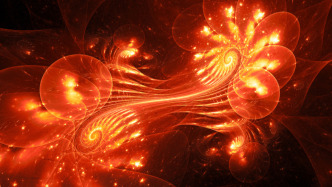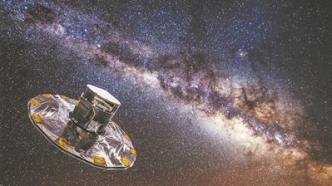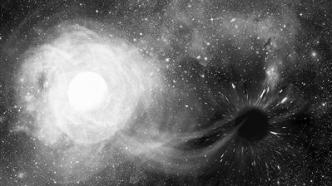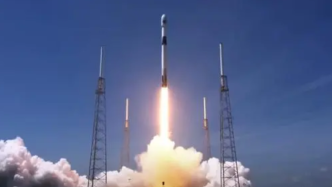
A new study published in the Monthly Notices of the Royal Astronomical Society: Letters suggests that "dark energy" may not exist. This view may lead to a new understanding of the expansion of the universe.
For many years, the astrophysical community generally believed that the universe is expanding uniformly in all directions. In order to explain why the universe seems to be expanding at an accelerated rate, scientists introduced the concept of "dark energy", that is, there is an unknown energy that affects the expansion speed of the universe. However, the relevant theory has always been controversial.
Researchers at the University of Canterbury in New Zealand recently published a paper saying that through their analysis of supernova light curves, they found that the expansion of the universe is not uniform. This conclusion supports a model of universe expansion that does not require "dark energy", namely the "time landscape" model. The model believes that the phenomenon of light being stretched is not the result of the accelerated expansion of the universe, but the result of how people calibrate time and distance.
According to this model, the stronger the gravity, the slower the time, so the same clock may run much slower in the Milky Way than in an empty cosmic void. In other words, time passes faster in a cosmic void and space expands more, making it look like the expansion of the universe is accelerating.
The researchers said their findings show that dark energy is not needed to explain why the universe seems to be expanding at an accelerating rate, which could help resolve some key questions about the expansion of the universe. However, whether the "time landscape" model is valid still needs further observations from the European Space Agency's Euclid satellite and NASA's upcoming Roman Space Telescope to verify.


